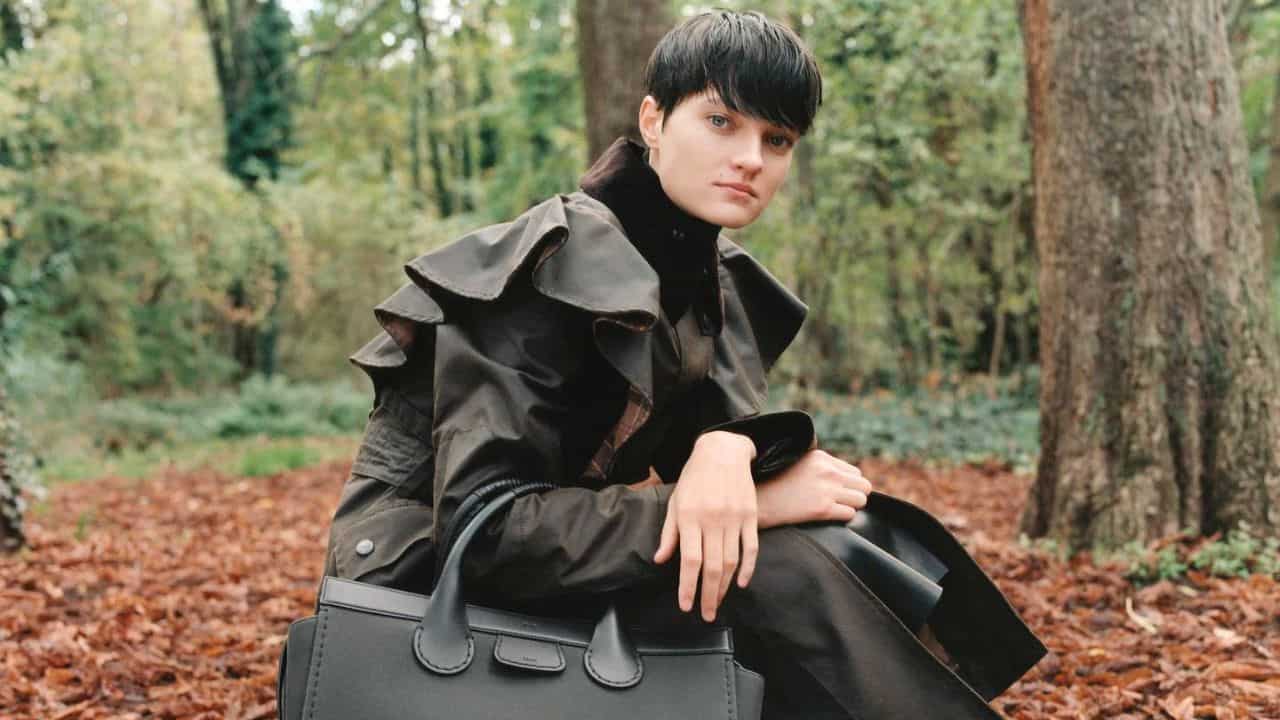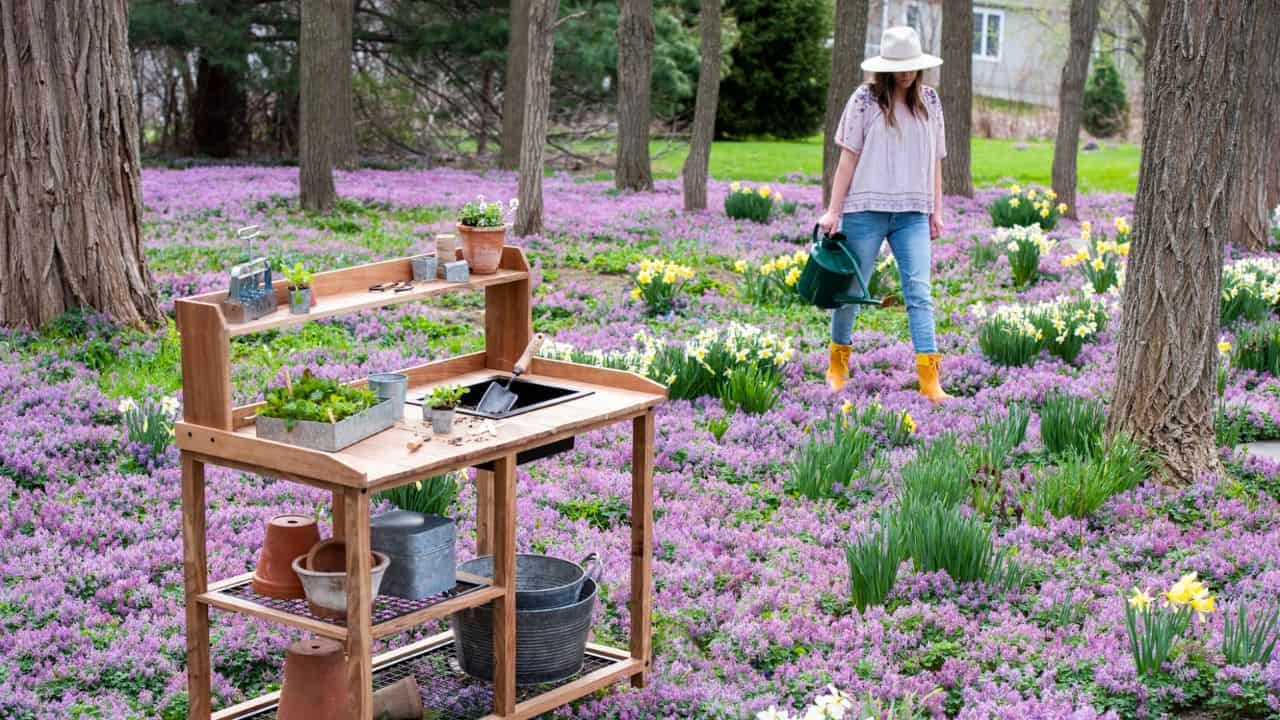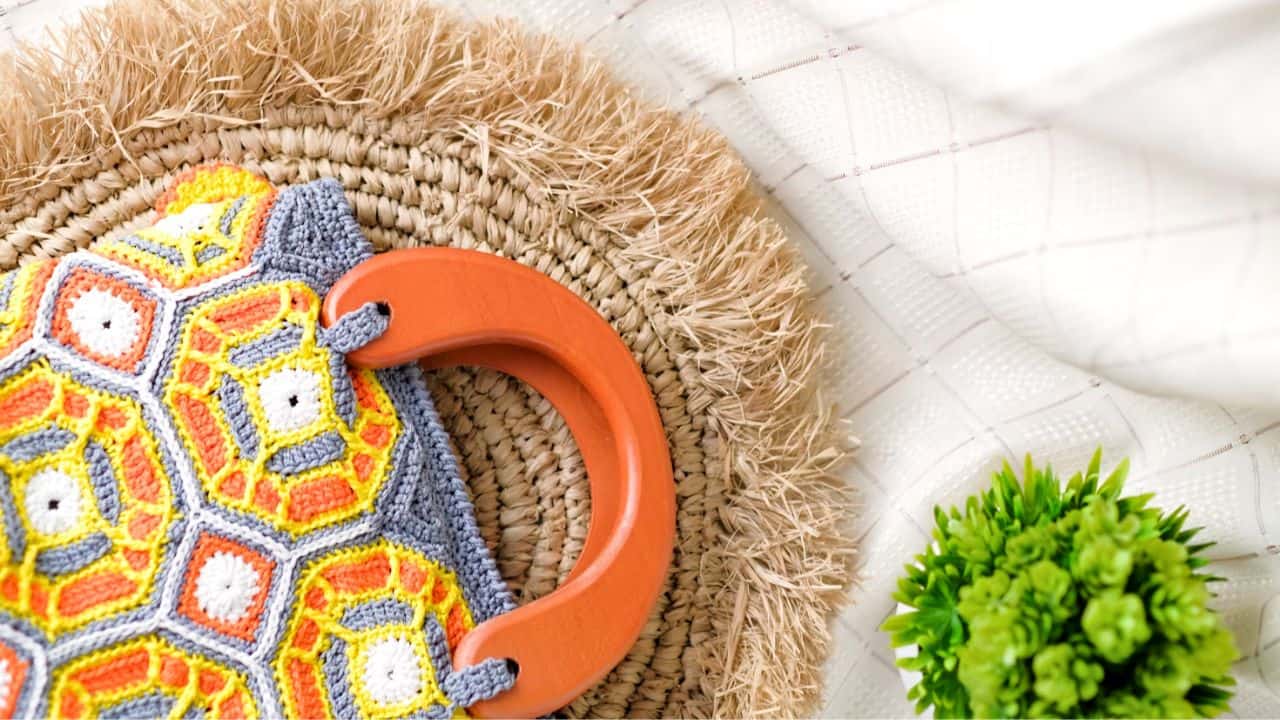Garden wildlife expert, Sean McMenemy of Ark Wildlife, gives tips on how to take part in the RSPB Big Garden Birdwatch, how to spot birds and the benefits it can bring.
Each year thousands of people across the UK participate in the RSPB’s Big Garden Birdwatch – an initiative where the public is invited to spend one hour watching and making note of which birds appear in their garden, outside their window, or in their local park, and then send their results to the RSPB.
These results are used to create an updated set of data that reveals insight into bird numbers across the UK.
This year’s Birdwatch is coming up on 29-31 January, and it’s a perfect chance to make the most of a fun yet simple activity.
For me, birdwatching is part of my everyday routine, and I know first-hand how much joy and calm it can bring to those who engage in it.
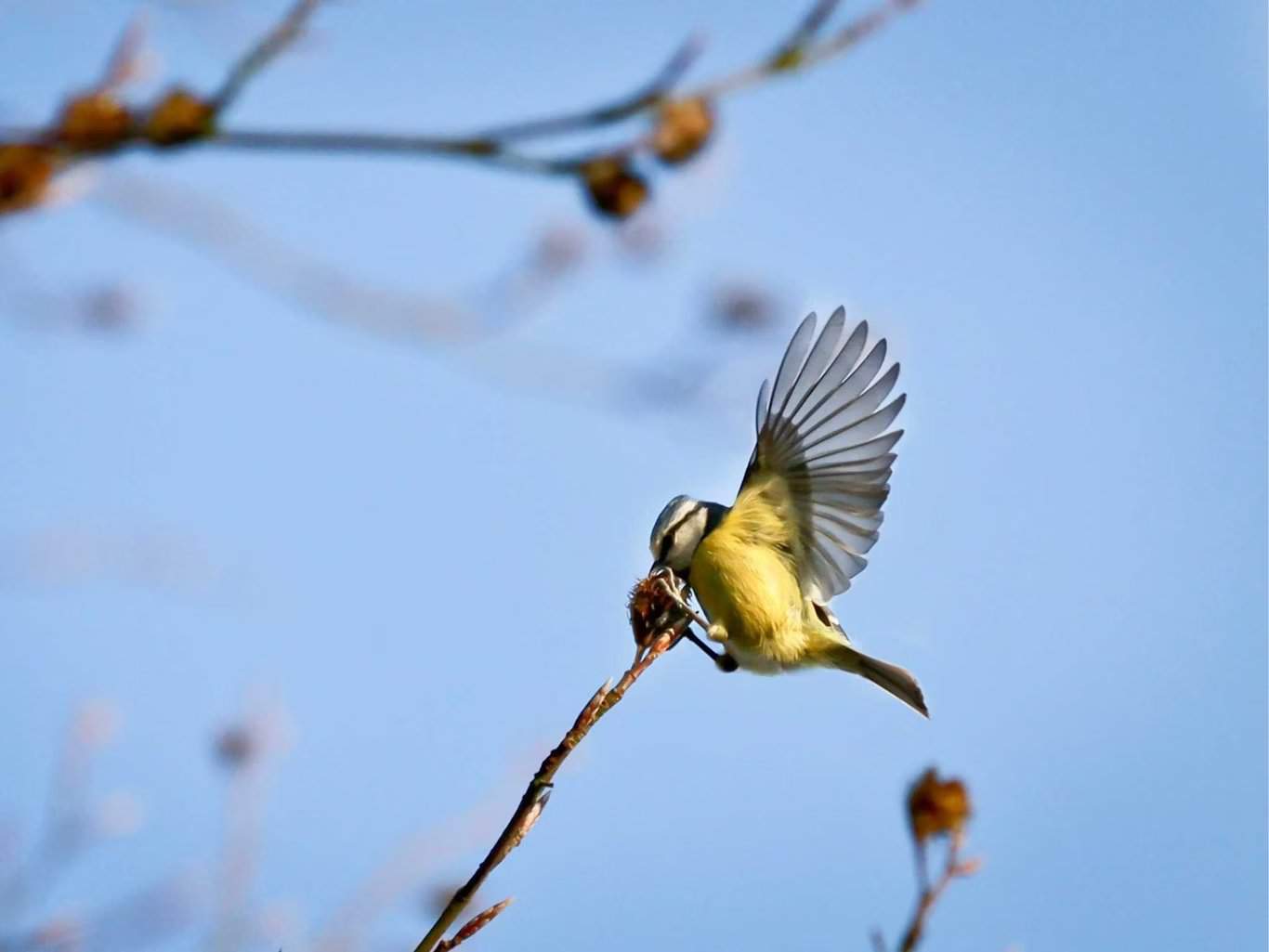
My love for wildlife has been present since childhood. I worked as a landscape gardener durings the 1980s and then began getting involved in sustainability projects involving wildlife habitats to support species such as birds, bats, bees and hedgehogs. I’ve built up my wildlife knowledge over the years, fuelled by my passion for the outdoors, and I’m always keen to encourage others to engage in it too.
With restrictions continuing for the foreseeable future, it is getting trickier to find new ways to stay upbeat during lockdown.
The RSPB Big Garden Birdwatch is a fantastic opportunity to engage with nature through a structured activity, which can help maintain physical and mental wellbeing, particularly in a time where outdoor trips are few and far between.
Also, with almost half a million people getting involved in the Birdwatch every year, we can feel connected to others through the shared experience of contributing to a nationwide project.
What are the benefits of getting involved in the RSPB Big Garden Birdwatch?
An activity like birdwatching could even inspire a new found interest in wildlife.
Whether this entails stepping outside to watch the birds, or observing them through a window, the act of appreciating surrounding wildlife is both a learning opportunity and a chance to have fun, and step away from your usual daily tasks.
Birds are very present in all our lives.
Even those who say they ‘know nothing’ when asked, are surprised when questioned about common birds. Once minds are opened, people can often identify a dozen or more birds they didn’t realise they knew.
Spending time watching or walking in nature has been shown to benefit both mind and body, and this is as true for young people as it is adults.
Sitting quietly in fresh air or walking in open spaces calms the mind and body, it balances our physiology and promotes production of positive hormones.
Slowing to the pace of nature and its natural rhythms is greatly beneficial and contrasts starkly with our fast paced digital existences with all its distractions. Time spent in nature is never wasted.
With the stresses and pressure that lockdown brings, intentionally challenging yourself to stop and notice nature through birdwatching can provide some much needed relaxation that doesn’t involve any kind of gadget or screen.
I always try to make a point of pausing when the instinct is to rush, and notice nature, whether this is watching birds fly outside my window or listening to the sound of a bird song.

The RSPB’s chief executive Beccy Speight said: “We know that for many people, garden birds provide an important connection to the wider world and bring enormous joy. Lockdown brought few benefits, but the last year has either started or reignited a love of nature for many people.
There has been a broad and much-needed realisation that nature is an important and necessary part of our lives especially for our mental health and wellbeing. But nature needs us too.”
How to take part in the RSPB Big Garden Birdwatch
Taking part is simple – watch the birds in your garden, and only count the birds that land, not those that fly over.
Then, go onto the RSPB Birdwatch website and submit the highest number of each bird species you observed at any one time.
Here are some of my top tips to keep in mind for those new to birdwatching, that will make the Big Garden Birdwatch as fun and enriching as possible:
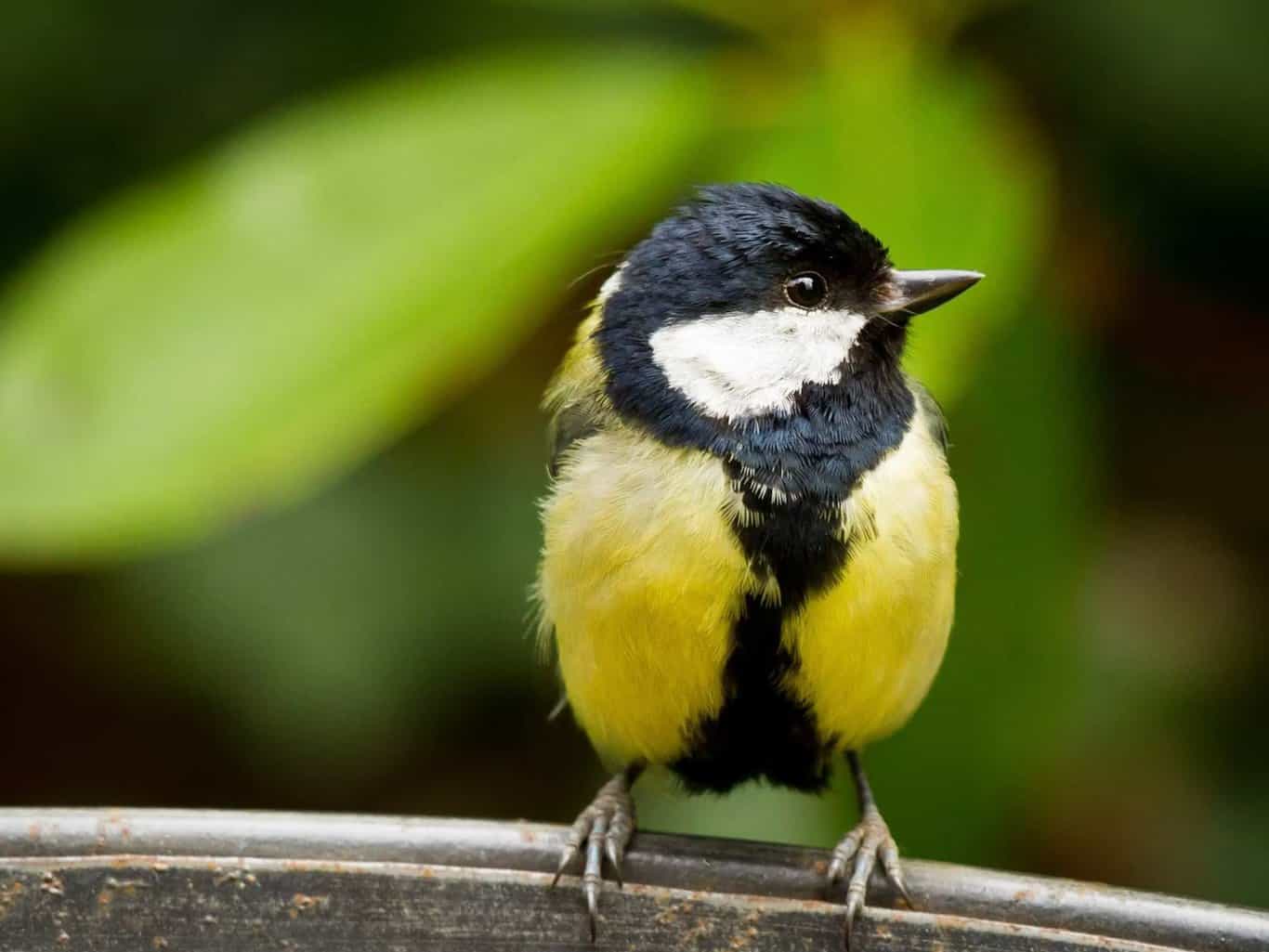
5 Tips For Those New To Bird Watching
Here are some of my top tips to keep in mind for those new to birdwatching, that will make the Big Garden Birdwatch as fun and enriching as possible.
1. Print out some visual prompts
Having images to hand of what birds to look out for (which can be found on an RSPB resource) will help you feel confident in understanding which creatures you can spot. This also makes the activity much easier if you are taking part with children, as having the visual prompt makes the target of what they are looking out for much clearer.
2. Remain patient
When birdwatching, birds may not necessarily appear straight away so I find that making the most of all the beautiful sights and sounds that can be experienced in nature makes the experience so much more valuable and relaxing. Can you spot any other animals? Can you see any plants that you’ve never noticed before?
3. Use your ears just as much as your eyes
The sound of birds calling or singing can be just as beautiful as the sight of the bird, and can help relieve stress. If looking through a window from indoors makes it difficult to hear sounds, you could even try playing bird songs from a phone or laptop to elevate the experience.
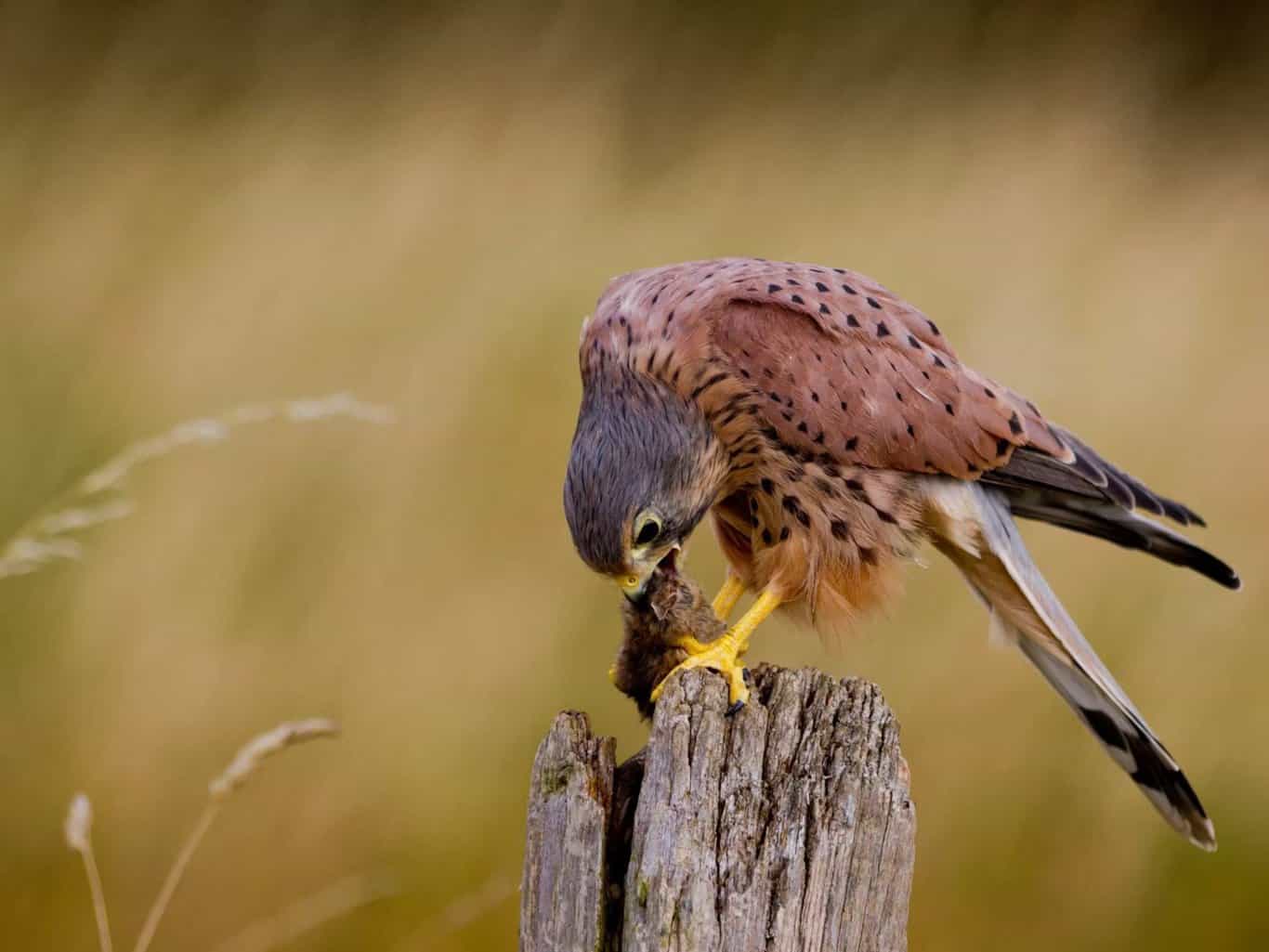
4. Use sunflower seeds to attract more birds
Spreading sunflower seeds for birds (shells removed) out onto your outdoor space can have a big impact on the number and diversity of birds that are attracted to the area. If there seems to be a lack of birds around your home, this tip could create a more exciting birdwatch experience.
5. Be flexible with timing
Although the official event asks the public to watch for one hour on a specific weekend, do not be afraid to do whatever suits you.
You could try fitting birdwatching into your lunch hour as a wholesome no-screens break in the working day, or beginning your morning with watching for birds instead of gravitating straight to a social media feed.
For more information on the Big Garden Birdwatch, go to the RSPB’s website.
Are you taking part in this? Let us know in the comments below.




